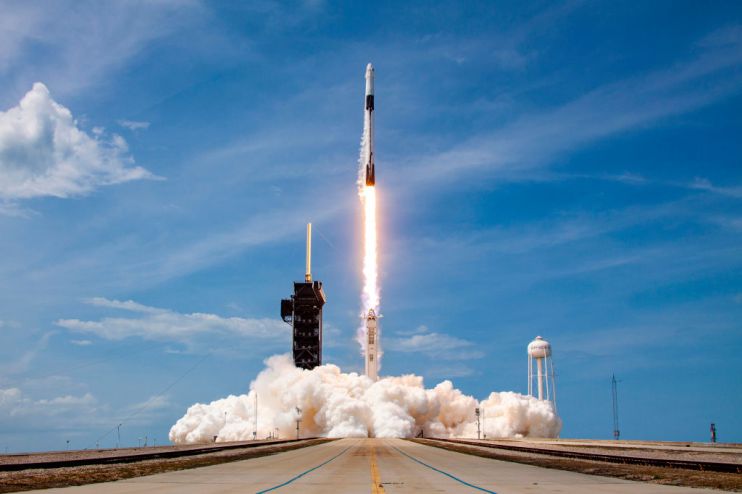The greatest space mission will be tackling climate change and protecting our planet

Efforts around the world are focused on making businesses more sustainable, with ever greater emphasis on innovative technology to help solve the climate crisis we face.
There was a dearth of climate-related announcements in Rishi Sunak’s Budget speech earlier this month. Sunak did, however, reiterate the Government’s plan to establish the UK as a “science superpower” post-Brexit. The space sector has a big role to play in that strategy – and can also contribute significantly to the climate and sustainability mission.
Last month, our attention was captured by riveting pictures of Mars, taken by a rover launched by NASA.
As our eyes turn skywards inthe UK, the latest space race must also have sustainability at its core.
In 1971, the Black Arrow rocket was decommissioned, and Britain’s space efforts were focussed on small satellites, using other countries’ launch capabilities to get British tech into orbit. But following that decision, the talent pool of space experts was gutted, as people turned to the US and Europe to continue their work.
Britain has a monumental task on its hands to reverse that exodus. As it does so, those at the forefront of British space innovation should also take the lead to decarbonise space exploration.
The Government hopes that recent investments, including £3.4 million in funding for projects using space to tackle global development issues, will drive innovation as the UK looks to “buildback better” following the pandemic. Policy announcements are also at the heart of this, as new visa rules and the “super-deduction” tax break for business investments will create more highly-skilled jobs, worth £14.8bn. Professional investors are supportive, too. Seraphim Capital, the first pure specialist spacetech VC fund, has supported 42 startups in raising over $55m since launching its Space Camp accelerator in 2018.
The Space Industry Act 2018, currently in consultation, will allow the UK to double its share of the global space market from five to 10 per cent within the decade. Among its proposals is a provision of licenses to operate spaceports across the country. Spaceport Cornwall, for example, is expected to be operational within the next year, while several smaller rockets have been launched across Scotland building up to commercial launch.
Earlier his month, the Government set the goal of legalising UK spaceflight by the end of 2021, setting the scene for the UK to play a pivotal part in sustainable space missions. This will be driven by breakthroughs from space tech startups.
Millions of pounds have been ploughed into British space innovation, and while Mars rovers might grab the headlines, there have been huge breakthroughs in the search for alternative fuels.
Ecosene, for example, is a eco-rocket fuel, suitable for commercial aviation, which uses waste plastics such as polystyrene, currently choking the environment. They produce 45 per cent less emissions than traditional kerosene.
3D printing technology can also be a sustainable gamechanger in the green space race. It was instrumental in creating the Skyrora XL rocket.
But the UK’s leadership of COP26 means all of its endeavours are under a green spotlight. Much of the innovative technology currently in development for use in space will have an impact here on Earth. The biggest mission for space will be tackling climate change and preserving our planet.